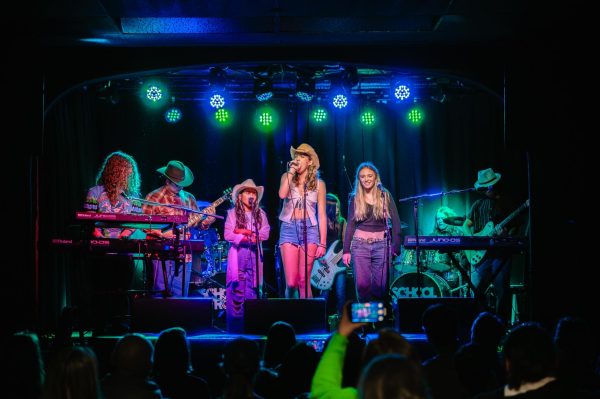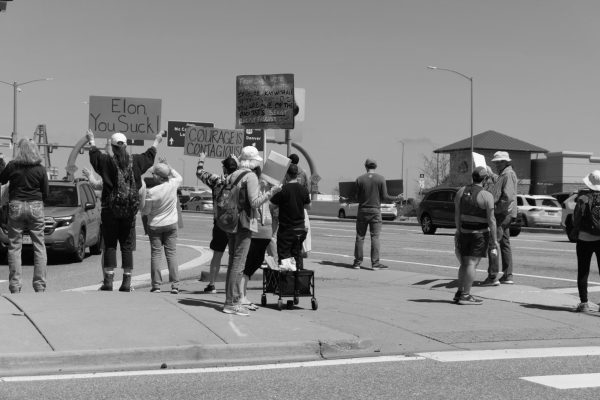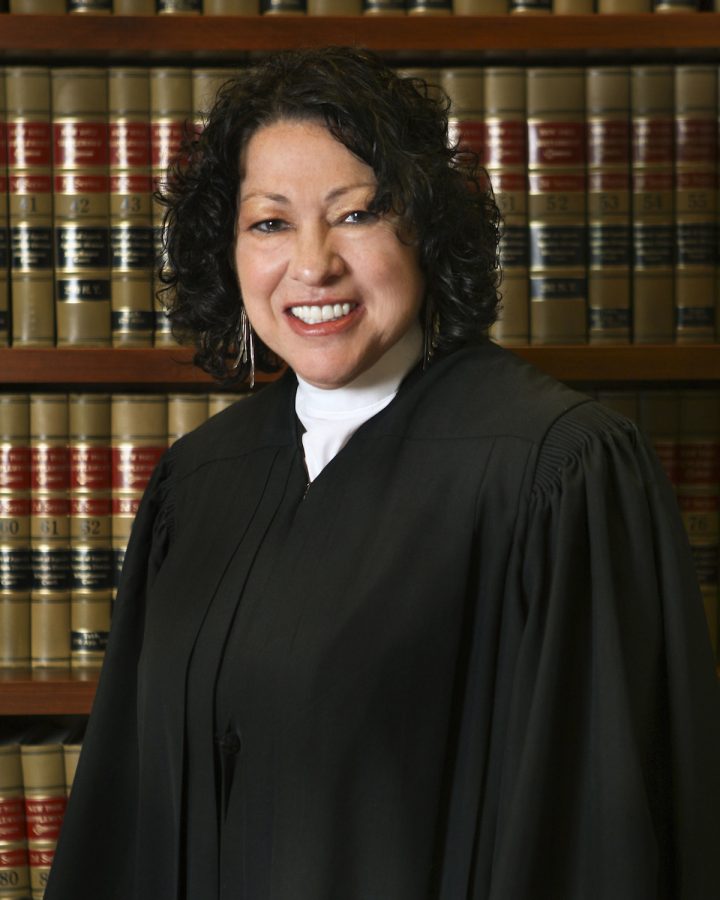Supreme Court Justice Sonia Sotomayor’s Lecture at University of Colorado
My experience with Sotomayor’s lecture
If I had to describe Supreme Court Justice Sonia Sotomayor’s lecture in one word, it would be enlightening. Though she only spoke for an hour, she said so many things that not only surprised me, but offered a new outlook.
The lecture was on a Friday afternoon, the 2nd of September, in the Macky Auditorium at CU Boulder. People were packed in like sardines, and there were rumors that all 2052 seats were filled. I felt fabulously lucky that being a member of Social Studies Honor Society had afforded me the opportunity to attend.
When she first took the stage, she seemed at ease, even lighthearted and funny. The first question was what books had influenced her most in her life. Her answer was unexpected: The Bible, Don Quixote, and Lord of the Flies.
As a person who’s not religious, at first I was confused about why she suggested everyone read The Bible. What about separation of church and state? But the reason she suggested it was not to attempt to convert everyone to Christianity, or to say she based her decisions off of it, but instead to promote understanding and compassion. Seeing as over two thirds of the United State’s population is Christian, she argued that it was essential to have some understanding of The Bible in order to facilitate communication, and to always keep in mind what the views of others are.
After that question, most of the others were centered around the Supreme Court, and how she makes her decisions. This part of the lecture was the most enlightening to me, in that it shattered my preconceived notions on how Supreme Court Justices went about forming their opinions.
Before hearing Sotomayor speak, I always assumed that justices based their decisions entirely off their political affiliations. Since Sotomayor was nominated by President Obama, she was obviously more liberal, and therefore always made her decisions based off the Democratic party’s platform. I could not have been more wrong.
Making a decision is actually much more involved than that, and instead of deciding based off political affiliation, the justices actually try to do the opposite of that, and ignore politics while forming an opinion. Rather than asking themselves, “What coincides with my party’s platform?” they ask “What does the law allow?”
Sotomayor discussed how she bases all of her decisions on her interpretation of the Constitution, and what she believes it permits and does not permit. But it isn’t so black and white; most of it is actually grey. She expressed that all decisions are hard for her, and that she knows that even when the side she believes is right wins, there is also always someone who loses.
Going into this event, I had so much respect for this extraordinary woman. Leaving the event, I left with even more respect for her. She was articulate, inspiring, but most of all, charismatic and relatable, so much so that she even walked around the audience while she spoke, shaking hands and interacting with us. She didn’t talk down, but spoke as if she were speaking with friends. It was such an remarkable experience, and not only did I gain insight at her lecture, but also a role model.


































